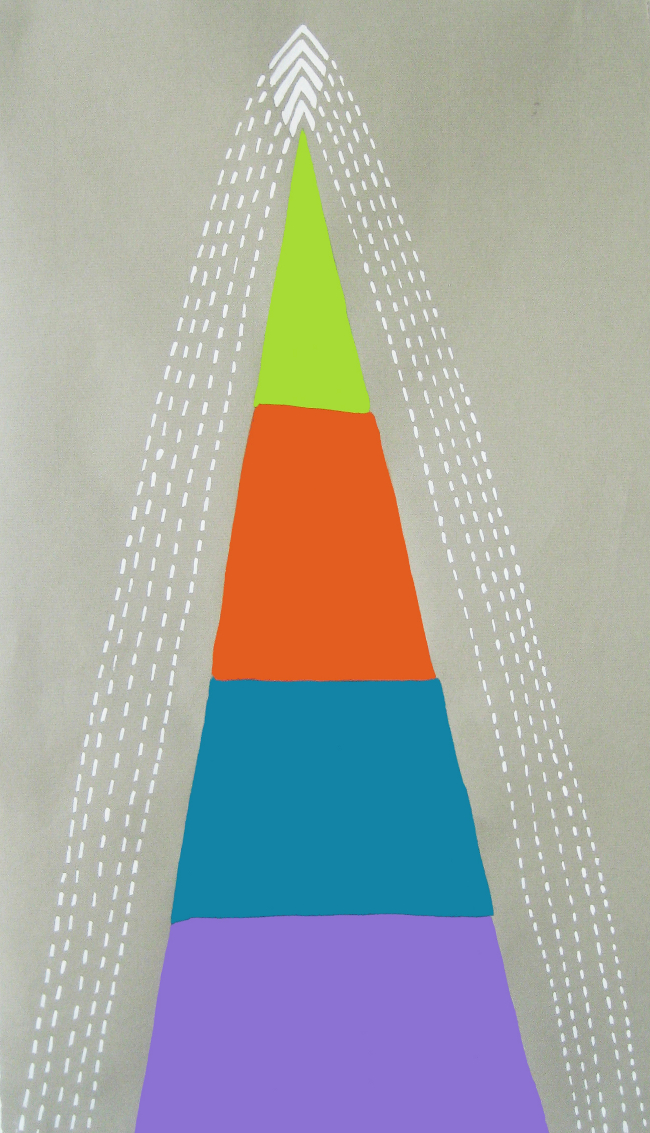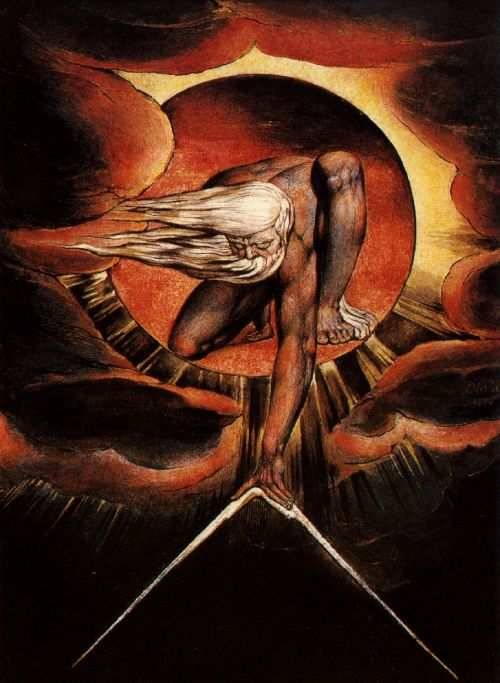
Having been intrigued by William Blake’s celebration of imagination as the wellspring of poetry and prophecy since my introduction to his Songs of Innocence and Experience in high school, I was elated when in the final term of my senior year in college I had the opportunity to take a course completely devoted to Blake’s work pass-fail. Midway through the term, our professor made an announcement that he had received notification of a kind of pageant based on the work of Blake that was to be held in the hills outside the not-too-distant college town of Athens, Ohio. I decided to attend, and convinced a friend to come along.
The event had the cryptic title “Hail the Depth of the Skin.” It took me many seasons to conclude that this was a contrarian response to the old saw “beauty is only skin deep.” The pageant was being staged by a group called “The Church of William Blake,” which proved to be not only a church but also an artists’ colony, organized under the charismatic leadership of Æthelred Eldridge (whose day job is as an art professor at Ohio University). It was located on Eldridge’s property near Mount Nebo, which is the highest elevation in Athens County and is endowed with a particularly dense spiritual history. It is reputed to have been sacred to the Shawnee, renowned as a center of Spiritualist activity in the mid-1800s, widely understood to be haunted by a diversity of spirits, and possibly, situated at the intersection of magnetic lay-lines. Eldridge calls the place Golgonooza, which is Blake’s name for what we might call a city of humanly rather than heavenly imagination, a city of creativity and ebullience, a contrarian version of what more conventional and conservative cults might refer to as a New Jerusalem.
Given our mood of anticipation, finding Golgonooza in the hills outside Athens was an adventure in itself, but it was evident when we arrived that we were in the right place. Slightly off the road, nestled in a pasture among the verdant hills, a large log stage with a podium—more properly a pulpit—had been constructed, evidently just for the performance of “Hail the Depth of the Skin.” It appeared as though the woods had been crawling with hippie artists, all of whom had emerged from the foliage to converge on the pasture. Figures carrying large cardboard cutouts of the sense organs—eye, nose ear, tongue, lips, and genitals—moved all over the stage and throughout the audience as they took turns making prophetic pronouncements. All the while Æthelred Eldridge was declaiming from a pulpit in the style of an eighteenth-century Methodist minister, but rather than ascetic restraint from the Bible he preached imaginative excess and saturation of the senses from Blake’s epic Milton. When the pageant was over the hippie artists vanished again, leaving us to our dark drive home with afterimages of the event dancing in our heads…
Blake was a visual artist—quite literally a visionary—as well as a poet. His engravings are as bold, powerful, and colorful as are his lyrical and prophetic works, and in those works in which the action of the text is accompanied by images of his mythic/heroic characters one can almost see an foreshadowing of Marvel Comics. The religious impulse in Blake is rooted in a celebration of imagination, bodies, and senses, as well as equality of the sexes matched in passion and creativity. He derided established religion as anti-imaginative, a position which for me has always been epitomized in the following passage from “The Marriage of Heaven and Hell”:
The ancient Poets animated all sensible objects with Gods or Geniuses, calling them by the names and adorning them with the properties of woods, rivers, mountains, lakes, cities, nations, and whatever their enlarged and numerous senses could perceive. And particularly they studied the genius of each city and country, placing it under its mental deity; Till a system was formed, which some took advantage of, and enslaved the vulgar by attempting to realize or abstract the mental deities from their objects: thus began Priesthood; Choosing the forms of worship from poetic tales. And at length they pronounced that the Gods had ordered such things. Thus men forgot that All deities reside in the Human breast.
Page 1 of 2 | Next page
